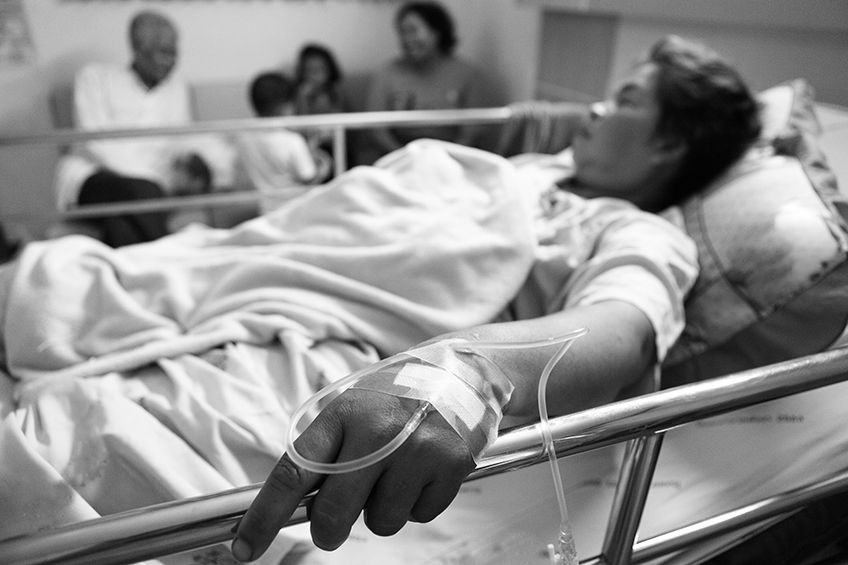Understanding End-Of-Life Treatment Options

|
Typically, medicine is focused on extending the life of a patient. However, once a patient is in Hospice care, the treatment options can change. There are different treatments and interventions that can artificially extend someone’s life when they are near end of life. These are things such as medications, transfusions, radiation, feeding tubes and ventilation for breathing. During Hospice Care there are often points at which critical decisions must be made about whether to withhold or withdraw treatment for a patient facing a medical crisis. This means that health care works can stop treatment, but only at the request of a patient, their family, or a substitute decision maker. What medical support is given, or withheld, should be determined by the individual’s wishes. Ideally, those wishes will be expressed to family members and care givers before a major medical event arises. Learning about your options for end of life care will help you make the best decisions for you and your family. What does it mean to withhold or withdraw treatment? Some people want to be allowed to die "naturally”, without any attempt to help them recover from a crisis that occurs during the dying process. Discontinuing or declining medical care means that artificial treatment methods will stop. This does not mean that symptom control like pain management will stop, however. Medical professionals will do everything they can to allow a patient to feel comfortable. But they will also allow a patient to die naturally from a disease. Case 1: Withdrawing treatment: Fred wants to stop transfusions Fred has been receiving transfusions for leukemia. Now, the cancer has spread, and he cannot live without regular transfusions. He continues to get infections that must be treated with antibiotics. However, these are not working well anymore either. He has no energy and sleeps most of the day. Fred lets his healthcare team know that he is not happy and that he wishes to withdraw treatment. Fred decides to stop the transfusions. The next time he gets an infection, he decides to decline antibiotics since they no longer help. Fred’s medical team treats his pain symptoms, but they allow nature to take its course. Case 2: Withholding treatment: Suzanne’s family declines life-prolonging treatments While in Hospice care for Alzheimer’s, Suzanne suffers a major heart attack. Suzanne has let her family know that in the event of a major medical crisis, she does not want to have artificial life support put in place. Her family calls EMS and they take Suzanne to the hospital. In the hospital, they discover that Suzanne has suffered a heart attack. The only way that she will have any chance of survival is to be placed on a breathing machine. Suzanne’s family knows this goes against her wishes, so they decline to the treatment. The health care team instead focuses on treating any pain or other symptoms and allow her pass away naturally. While it can be difficult to think about, it is important to decide when medical treatment will be withdrawn or withheld for a hospice patient. The dying person’s wishes should guide every person and health care provider in determining how to how to best treat the patient in any situation. |

